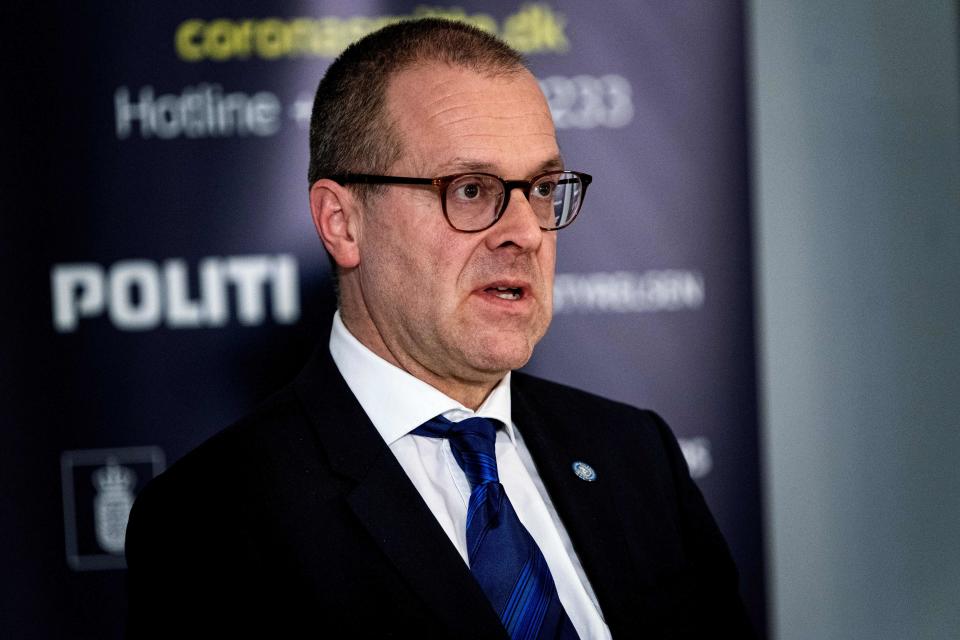Legacy of coronavirus 'could haunt us for years', WHO chief warns

The dangers of coronavirus will not end with the pandemic, the European director of the World Health Organization (WHO) has warned.
Aside from the health implications of the virus, Dr Hans Kluge said there would be other harmful legacies – including job losses, a rise in alcohol and drug-fuelled domestic violence and mental health issues.
Kluge said what comes after the pandemic could "haunt us for years”, and urged people not to consider turning to alcohol as the UK government prepares to announce possible easing of some lockdown measures.

Speaking during a WHO Europe briefing, Kluge said: "Yes, this (reducing alcohol consumption during lockdown) is definitely one of the recommendations, definitely to limit it.
"Everyone has to look at their own situation. The COVID-19 response is an additional moment to quit smoking but this has to be looked at in a broad atmosphere of how the person is feeling.
Latest coronavirus news, updates and advice
Live: Follow all the latest updates from the UK and around the world
Fact-checker: The number of COVID-19 cases in your local area
6 charts and maps that explain how COVID-19 is spreading
"But to put it short, alcohol is a very bad adviser.”
Kluge said the restrictive measures of lockdown had "understandably bred stress and anxiety", and added the WHO was "troubled" by reports from the UK, Ireland and some other European countries that this had led to an increase in violence.
Domestic abuse charities have reported a surge in demand for their services, with a 25% increase in calls to the National Domestic Abuse helpline since lockdown measures came into force on 23 March.
Kluge said: "So much related to COVID-19 has been unparalleled and is outside our control and understanding.
"But with solidarity we can prevent violence from blighting the lives of generations.”
The UK government announced this week that it would spend £76m on supporting vulnerable people who are "trapped in a nightmare" at home during the lockdown.
Kluge also highlighted the risks of sexual abuse taking place “out of society’s sight” with countries in full or partial lockdowns.
He added: “Out of school, at-risk children are off the radar of education and social sectors. With prevention and protection services on hold, those in need cannot access essential social services and care, nor be reached by those services.”
A report from the National Crime Agency released last month said that there are at least 300,000 people in the UK posing a sexual threat to children, either through physical ‘contact’ abuse or online.
Coronavirus: what happened today
Click here to sign up to the latest news, advice and information with our daily Catch-up newsletter

 Yahoo News
Yahoo News 


